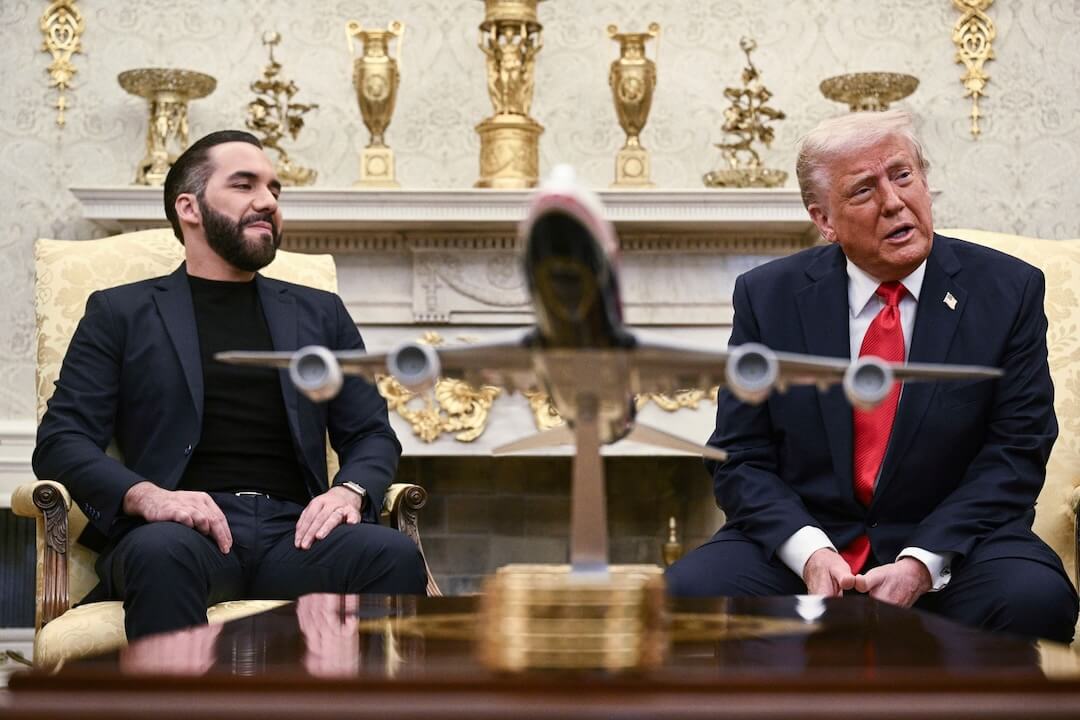Every day around the globe, journalists pick up the phone or head out of the newsroom. They meet someone, a stranger or a familiar contact. They take out a notebook or turn on a recording device. And then they perform two simple acts. They ask a question and they listen to the answer. An interview has begun.
Interviewing is the heart of journalism. Yet too few journalists have ever received education or training in this critical skill. “No one ever teaches the journalist how to conduct an interview,” Courtney Herrig, a student at University of South Florida St. Petersburg, complained in a 2007 blog post. For most journalists the only way to learn is on the job, mostly through painful trial and error.
How do you walk up to strangers and ask them questions? How do you get people — tight-lipped cops, jargon-spouting experts, everyday folks who aren’t accustomed to being interviewed — to give you useful answers? How do you use quotes effectively in your stories?
Get smart.
If you want to flop as an interviewer, fail to prepare. All too often, journalists start an interview armed only with a handful of question scribbled in their notebooks. Take time, however short, to bone up on your subject or the topic you’ll be discussing. When former New York Times reporter Mirta Ojito interviews experts, “I try to know almost as much as they do about their subject, so it seems we are ‘chatting,’ ” she said by email. A. J. Liebling, a legendary writer for The New Yorker, landed an interview with notoriously tight-lipped jockey Willie Shoemaker. He opened with a single question: Why do you ride with one stirrup higher than the other? Impressed by Liebling’s knowledge, Shoemaker opened up.
Craft your questions.
The best questions are open-ended. They begin with “How?” “What?” “Where?” “When?” “Why?” They’re conversations starters and encourage expansive answers that produce an abundance of information needed to produce a complete and accurate story.
Closed-ended questions are more limited but they have an important purpose. Ask them when you need a direct answer: Did you embezzle the company’s money? Closed-ended questions put people on the record.
The worst are conversation stoppers, such as double-barreled (even tripled-barreled) questions. “Why did the campus police use pepper spray on student protesters? Did you give the order?” Double-barreled questions give the subject a choice that allows them to avoid the question they want to ignore and choose the less difficult one.
Craft questions in advance to ensure you ask ones that start conversations rather than halt them in their tracks. Stick to the script, and always ask one question at a time. Don’t be afraid to edit yourself. More than once, I’ve stopped myself in the middle of a double-barreled question and said, “That’s a terrible question. Let me put it another way.”
Listen up.
The 1976 movie “All the President’s Men” focuses on two Washington Post reporters investigating corruption in the Nixon White House. At one point, Bob Woodward, played by Robert Redford, is on the phone with a Nixon fundraiser. Woodward asks how his $25,000 check ended up in the Watergate money trail. It’s a dangerous question, and you see Woodward ask it and then remain silent for several agonizing moments, until the man on the other end of the phone finally blurts out incriminating information.
The moral: Shut your mouth. Wait. People hate silence and rush to fill it. Ask your question. Let them talk. If you have to, count to 10. Make eye contact, smile, nod, but don’t speak. You’ll be amazed at the riches that follow. “Silence opens the door to hearing dialogue, rare and valuable in breaking stories,” says Brady Dennis of The Washington Post.
Empathize.
A long-held stereotype about reporters is that they don’t care about people, they just care about getting stories. If you can show sources that you have empathy — some understanding of their plight — they’re more likely to open up to you. “Interviewing is the modest immediate science of gaining trust, then gaining information,” John Brady wrote in “The Craft of Interviewing.”
“I am a human first,” says Carolyn Mungo, executive news director at WFAA-TV. “People have to see that journalists are not just a body behind a microphone. Even if you have five minutes, don’t rush, let them know you care,” Mungo said by email.
Look around.
Good interviewers do more than listen.
“I always try to see people at home,” says Rhode Island freelancer Carol McCabe, who fills her newspaper and magazine feature stories with rich detail gathered during interviews. “I can learn something from where the TV is, whether the set of encyclopedias or bowling trophies is prominently displayed, whether the guy hugs his wife or touches his kids, what clothes he or she wears at home, what’s on the refrigerator door,” McCabe said in a 1985 interview for “How I Wrote the Story.”
Capture how people talk.
The most powerful quotes are short, sometimes just fragments of speech. In a story about a two-car collision that killed two Alabama sisters traveling to visit each other, Jeffrey Gettleman of The New York Times used simple quotes that illustrated what the Roman orator Cicero called brevity’s “great charm of eloquence.”
“They weren’t fancy women,” said their sister Billie Walker. “They loved good conversation. And sugar biscuits.”
Just 11 words in quotes, yet they speak volumes about the victims.
Don’t use every quote in your notebook to prove you did the interviews. That’s not writing; it’s dictation. Put your bloated quotes on a diet. Quotations, as Kevin Maney once said, should occupy a “place of honor” in a story.
Don’t just settle for quotes: Listen for dialogue, those exchanges between people that illuminate character, drive action and propel readers forward.
Establish ground rules.
You’ve just finished a great interview — with a cop, a neighbor, a lawyer — and suddenly the source says, “Oh, but that’s all off the record.”
That’s the time to point out that there’s no such thing as retroactive off the record. Make sure the person you’re interviewing knows the score right away.
When a source wants to go off the record, stop and ask, “What do you mean?” Often a source doesn’t know, especially if this is their first interview. Bill Marimow, who won two Pulitzer Prizes exposing police abuses in Philadelphia, read off the record comments back to his source. Often, he found that many sources changed their minds once they’d heard what they were to be quoted as saying.
Be a lab rat.
Record your interviews. Transcribe the questions as well as the answers. Do you ask more conversation stoppers than starters? Do you step on your subject’s words just as they’re beginning to open up? Do you sound like a caring, interested human being, or a badgering prosecutor? To be the best interviewer you can be, study yourself and let your failures and victories lead you to rich conversations and richer stories.
This column was adapted from “News Writing and Reporting: The Complete Guide for Today’s Journalist,” by Chip Scanlan, co-authored with Richard Craig and due out from Oxford University Press this spring.








Comments